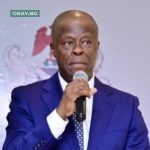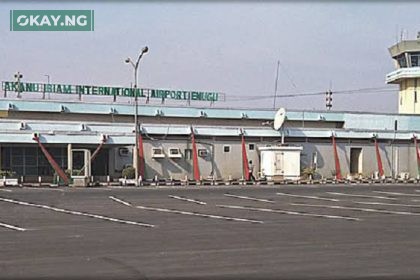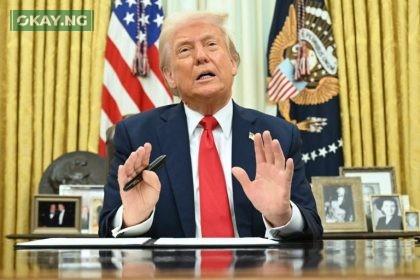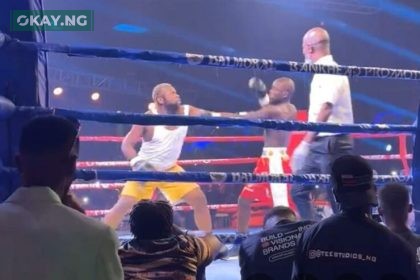A legal battle that is holding the gaze of the Nigerian financial landscape stakeholders, is First Bank of Nigeria Limited fiercely contesting the right to freeze the assets of General Hydrocarbons Limited (GHL) and its affiliates. This move stems from a $225.8 million loan extended to the oil company that, according to the bank, remains outstanding.
The drama unfolded in the Lagos Division of the Federal High Court, where First Bank, represented by its counsel, Victor Ogude, sought to uphold a previous order restricting GHL’s financial activities. This order, issued by Justice Deinde Dipeolu on December 30, 2024, effectively barred GHL and its associated entities from accessing or transferring any assets.
GHL, however, vehemently opposes this move, arguing that the initial order was obtained through a deliberate concealment of crucial facts. Their legal team, led by Abiodun Layonu (SAN), contends that the bank’s actions constitute an abuse of the court process. Layonu further emphasized that a prior order, granted by Justice Ambrose Lewis-Allagoa, restrained First Bank from further action on the loan, compelling both parties to engage in arbitration.
“This Mareva Injunction must be dismissed,” Layonu declared, arguing that it was issued erroneously and has inflicted substantial financial damage on GHL.
Further Reading: FirstBank Sets Record Straight on Misleading Reports, Reassures Customers of Banking Excellenc
First Bank, however, maintains its stance. Ogude firmly asserted that all relevant information was presented to the court during the initial application. He emphasized that the parties involved in the two cases differ significantly, and the earlier order does not impede First Bank’s right to pursue legal recourse under separate agreements.
“No law restricts our constitutional right to seek judicial redress for disputes,” Ogude stated.
Read Also: Nigeria’s Eurobond Oversubscription Signals Renewed Investor Confidence
The case has drawn significant attention, highlighting the complexities of inter-corporate lending and the legal battles that can ensue when loan obligations are not met. The court, after hearing arguments from both sides, reserved judgment, leaving the fate of GHL’s assets and the future of this high-stakes legal battle hanging in the balance.
This case serves as a stark reminder of the critical role of the judiciary in resolving commercial disputes and upholding the principles of fair play and transparency within the Nigerian financial system.












